Rishi Manchanda
- Public Health Innovator
- Author of "The Upstream Doctors"
- Renowned for his revolutionary “upstreamist” approach, this TED visionary inspires an eye-opening perspective on practical and effective medical care.
Travels From
California
Rishi Manchanda Speaker Biography
Dr. Rishi Manchanda shares breakthrough solutions to reinvigorate primary care in the U.S. and protect the future of our health by addressing the social and environmental conditions at the source of illness.
A leader at the forefront of a new generation of healthcare practitioners, Dr. Manchanda is transforming conventional care with a decidedly holistic approach to diagnosis and treatment. Credited with coining the term “upstreamist,” his philosophy focuses on identifying and treating the underlying issues that plague comprehensive patient health.
In his popular TED talk and accompanying TED book, The Upstream Doctors, Dr. Manchanda shows that the future of our health, and our healthcare system, depends on supporting the doctors, nurses and other healthcare practitioners who look at the root cause of illness to improve patient health, rather than simply going for quick-fix symptomatic relief.
On stage, he illustrates his vision for reimagined treatment and offers a fascinating look inside local and global healthcare systems. With inspiring anecdotes and insightful perspective, Dr. Manchanda galvanizes physicians to look outside the clinic walls to remedy an ailing system, one patient at a time.
Public Health Innovator, Author of The Upstream Doctors & Evangelist of The Upstreamist Movement
The ‘Upstream’ Effect: What Makes Us Get Sick
As more and more healthcare professionals and systems understand the impact and relevance of 'upstream' social determinants of health to achieving better care at lower costs, the question is how? With everything on their plates, how can doctors, nurses and other professionals make meaningful progress in addressing patients' health-related social needs without getting overwhelmed? What is the role of hospitals and clinics when it comes to tackling issues like food insecurity or social isolation? Dr. Manchanda answers these questions and more with concrete examples and clear step-by-step roadmap for change. He shares the concept of Upstream Quality Improvement, a new take on how clinical and community partners can deploy old tools to improve care, social determinants of health, and health equity.
Reflections from the Frontlines: Shining a Light on Physician Burnout
One in every two practicing physicians reports at least one sign of burnout. Across the country, clinician burnout is driving up recruitment and retention costs and threatening the ability to meet the healthcare workforce needs of the future. What is driving burnout? How are 'upstream' social determinants of health linked to clinician burnout? What can we do about it? Dr. Manchanda draws on a mix of personal reflections from the frontlines of healthcare and best practices in the field to shine a light on clinician burnout and the steps we can take to address it.
Optimal Health Prevention at Work: The Latest in What Works and What Doesn’t
The rising cost of healthcare is putting a major strain on individuals, families, employers and the economy as a whole. From worksite wellness programs to online health education and promotion, health systems and purchasers are increasingly investing in prevention. What works and what doesn't? What about the upstream 'social determinants of health' that make people sick in the first place? What do hospitals and employers need to know about them? Dr. Manchanda shares the latest evidence on what works in prevention and how to design healthcare programs and employee benefits to improve outcomes while helping to control rising costs of care.

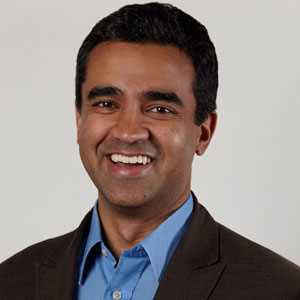




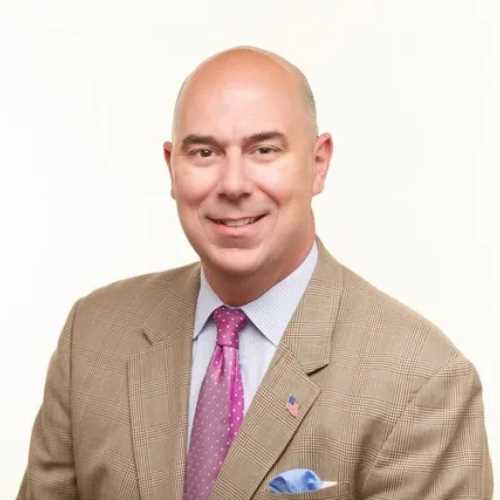
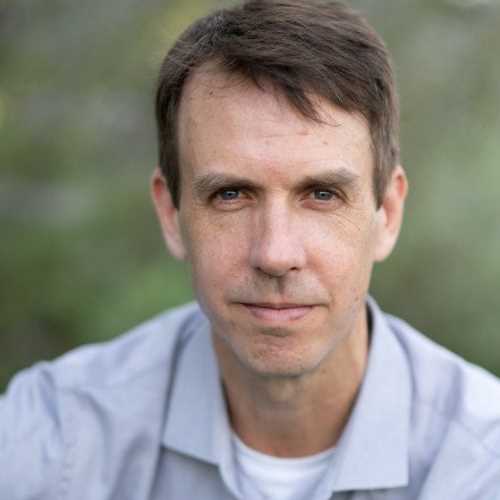
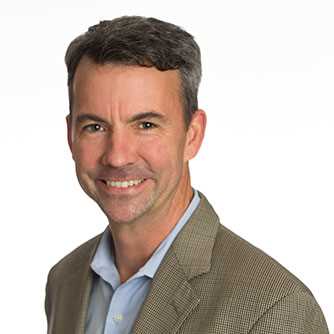
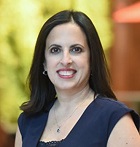
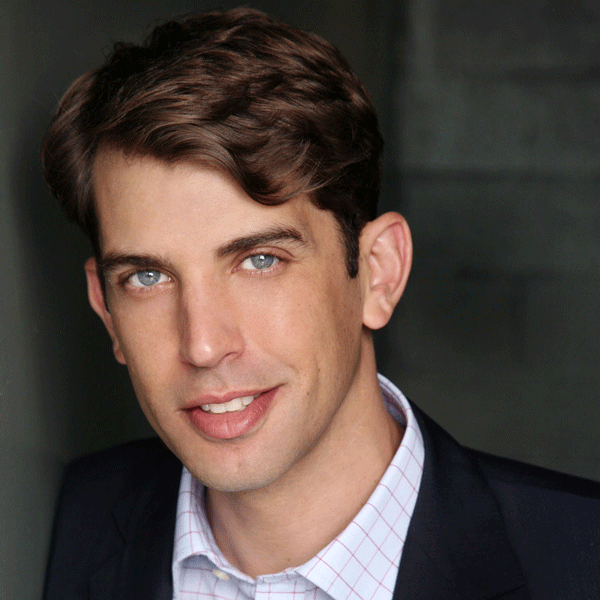
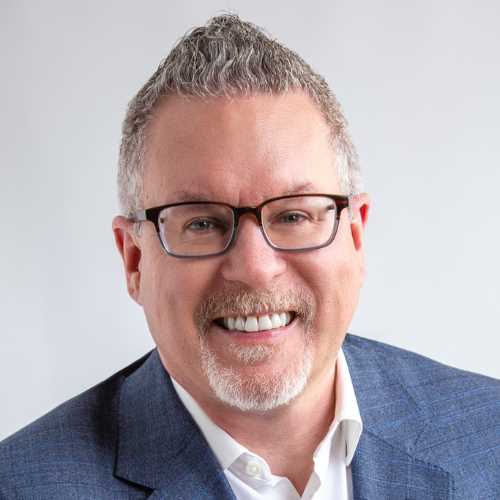
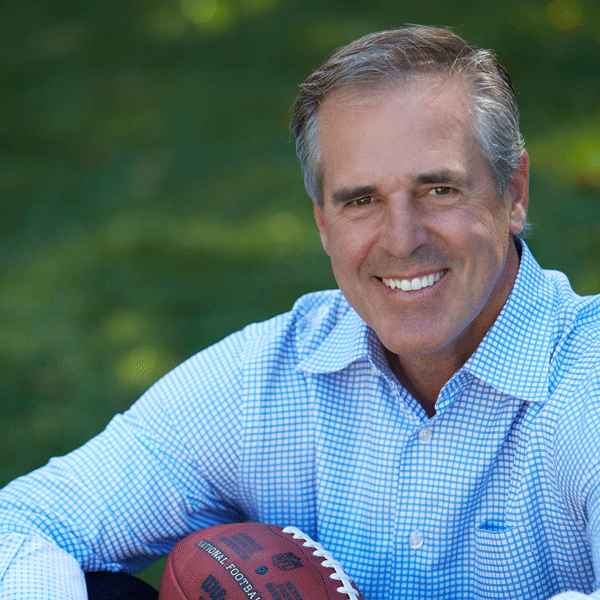
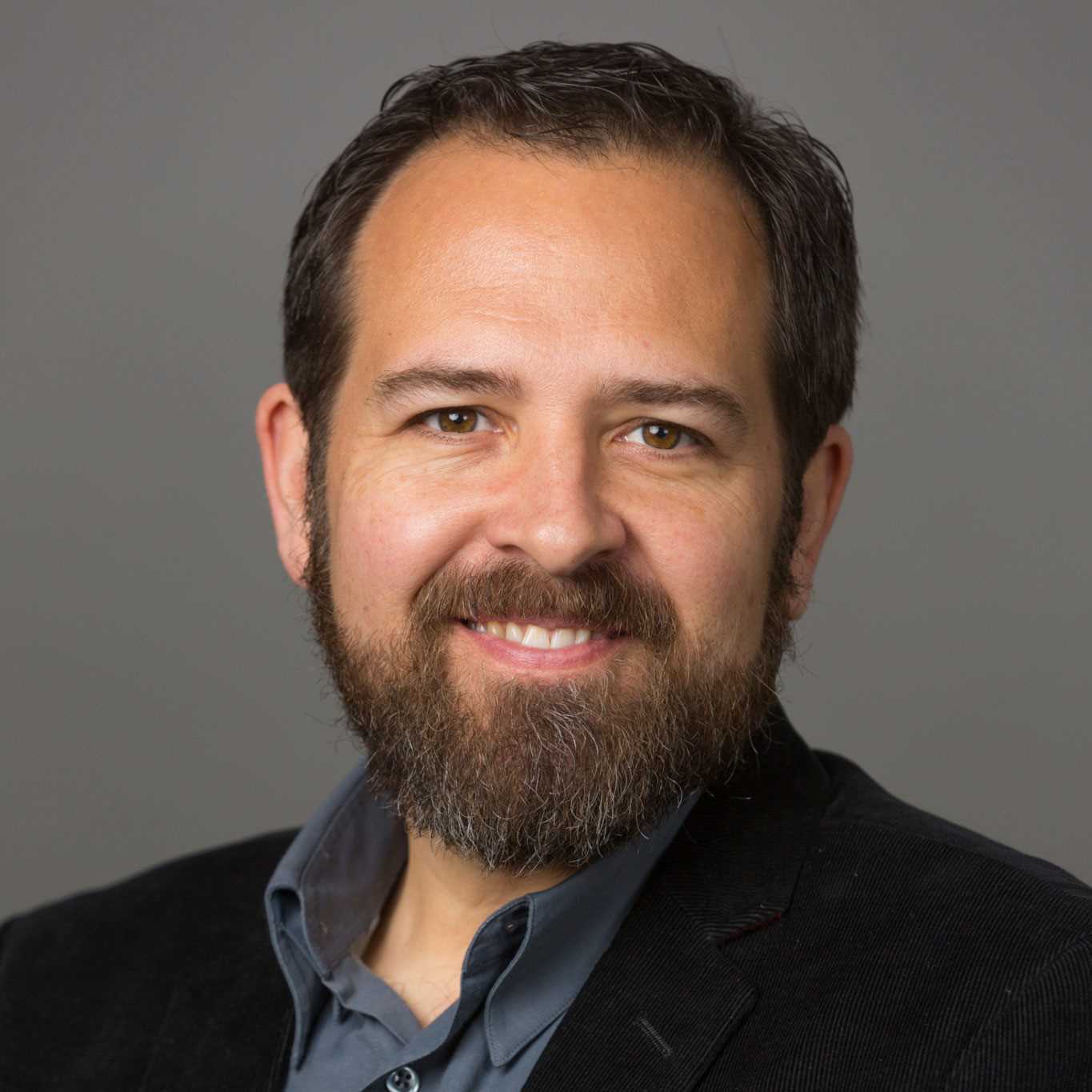
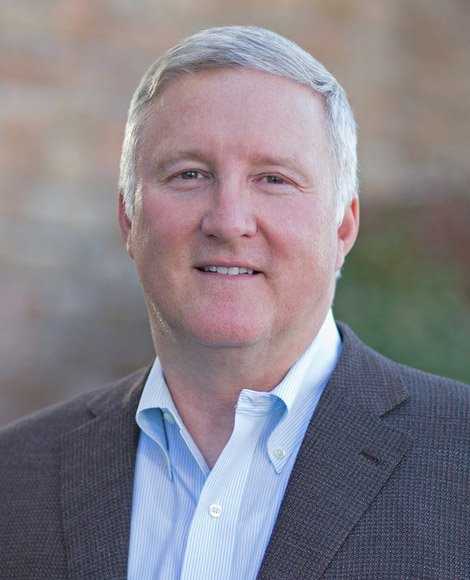
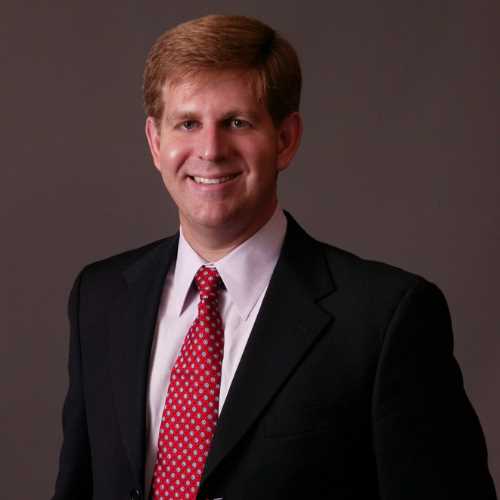
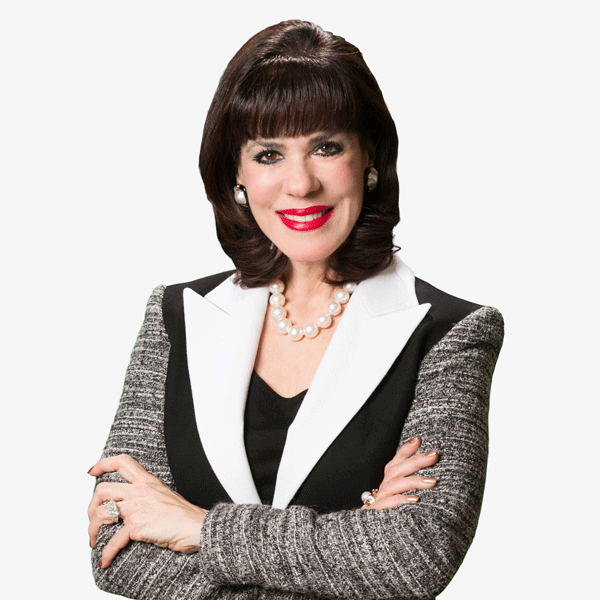
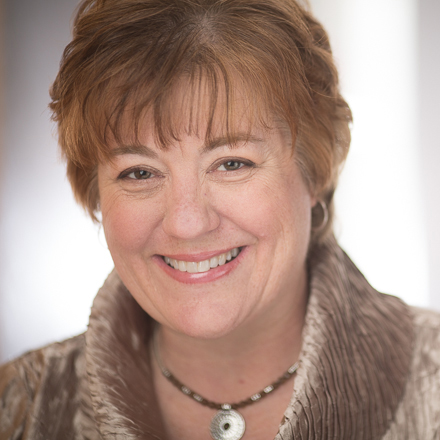











January 2, 2020